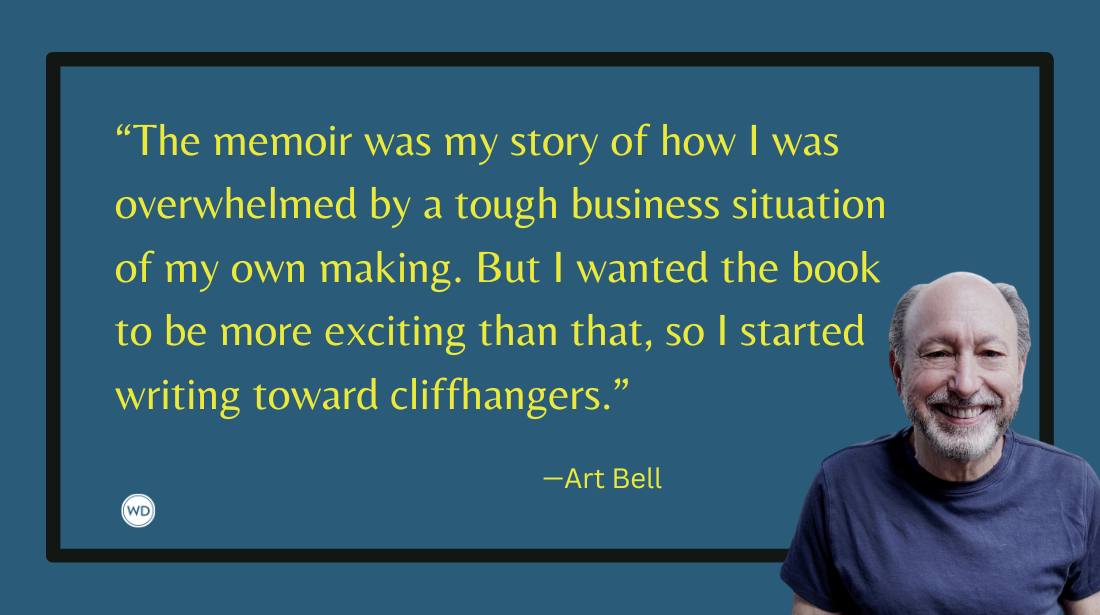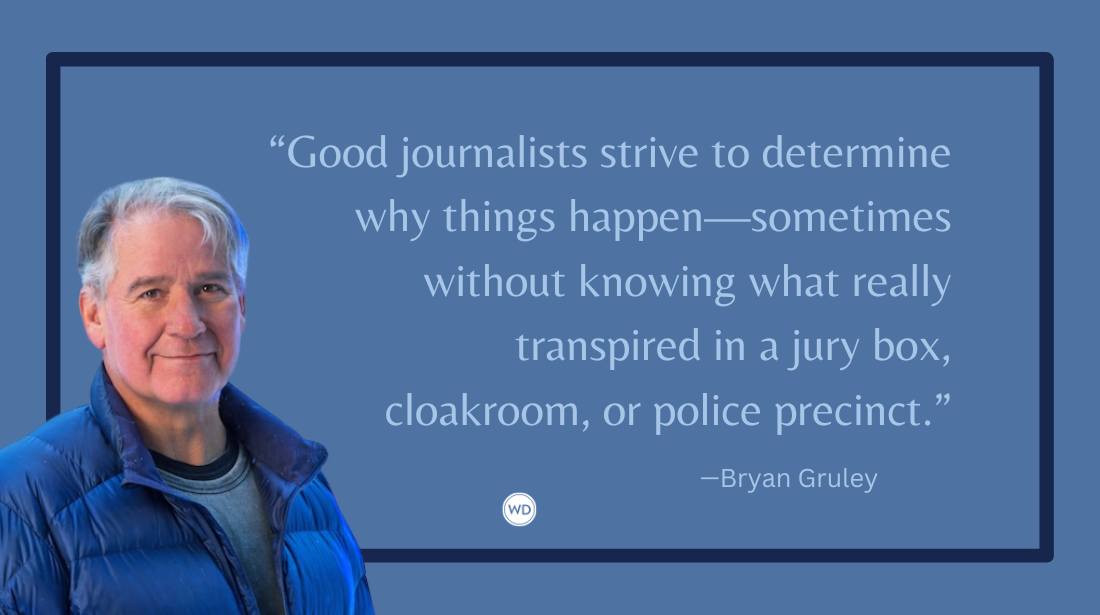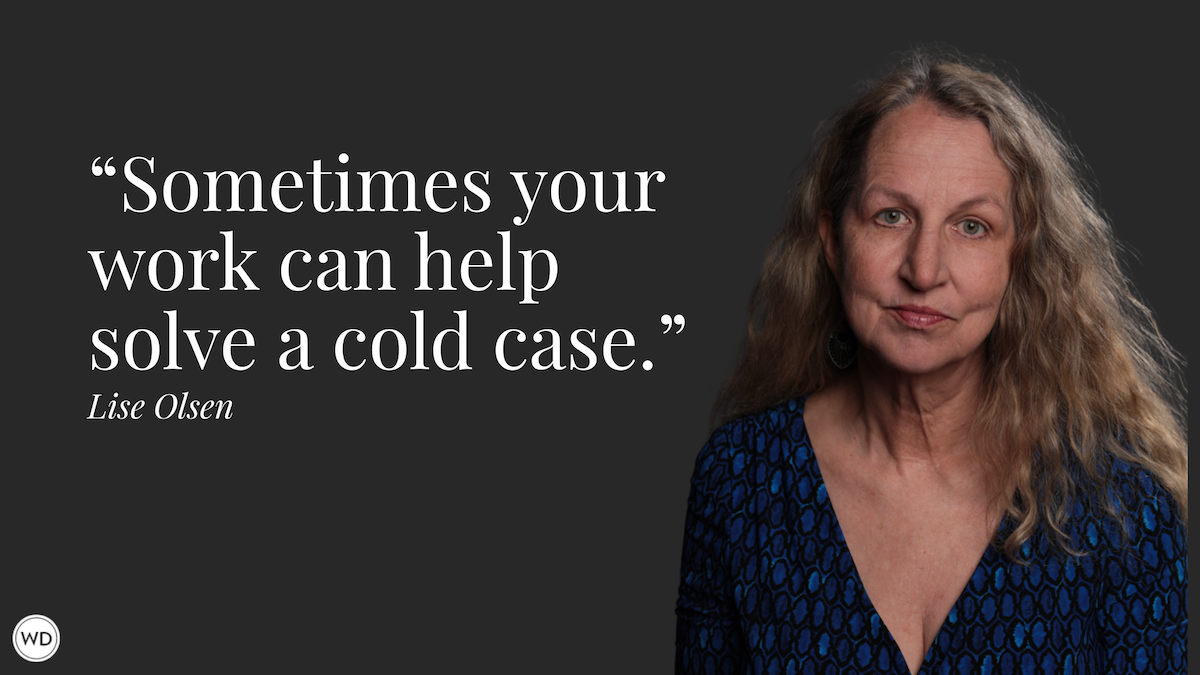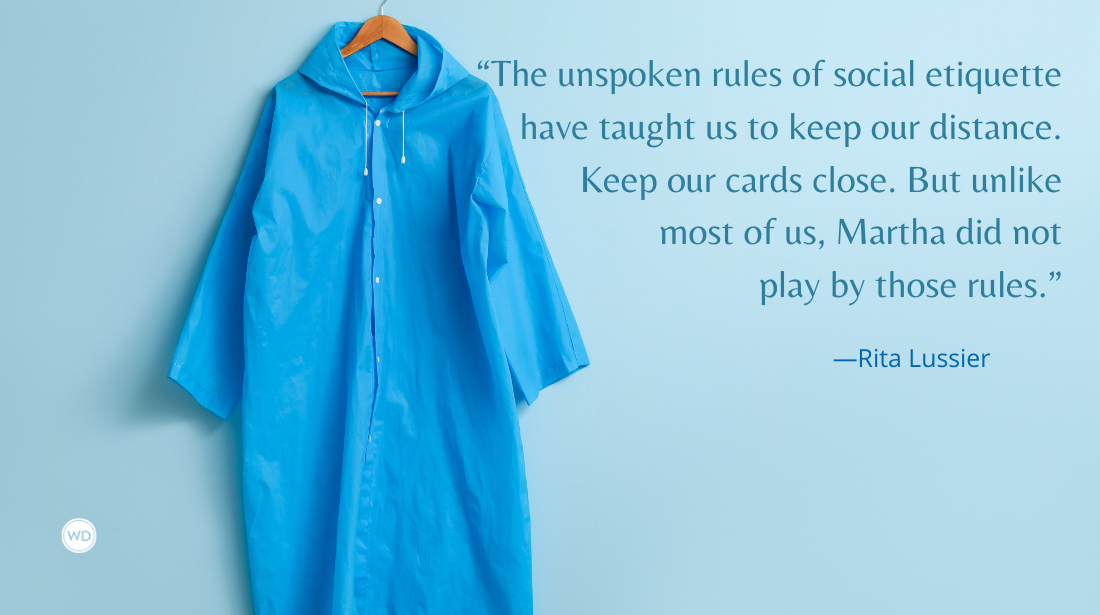Best Journalism Associations for Writers to Join
Journalist and Emmy-nominated producer Alison Hill shares some of the best journalism associations for writers to consider joining to start finding more success with their writing and networking efforts.
Most journalism associations and organizations were established to help improve and protect the industry, support freedom of the press, promote ethical standards in reporting, and serve the interests of professional journalists.
Today there are plenty of international, national, and local affiliates to choose from, representing every type of journalism imaginable, with more than 60 groups and chapters based in the US alone. And whatever your experience level, joining such a professional association can benefit your work and boost career growth.
Membership-based associations are open to both freelance and full-time journalists, offering networking opportunities and a variety of perks, ranging from press credentials to legal advice. Some of them also welcome students.
Through these organizations journalists gain access to training courses, job leads, and mentoring services. They can also find support in navigating complicated aspects of the work, like contracts and payment issues—factors especially important to freelancers. There are also ample opportunities to connect with fellow professionals, again highly beneficial to solopreneurs and home-based workers. Some organizations have online forums on journalism topics and host annual conferences. Members can also share ideas, browse job opportunities, and get updates on industry trends, which is vital in the fast-changing online landscape. Membership in any one of these associations also looks great on a Resume and LinkedIn profile.
Which Journalism Association Should I Join?
Which organization(s) you choose to join depends on your skills, the nature of your work, and of course, what you can afford to pay. Research each association’s mission statement and ‘about page’ to find the best fit. Who do they represent? What are their goals? What services and perks do they offer? Then compare membership dues and what you get for your annual fee. Can these services help your career and make your working life easier?
While some are broad-based organizations, others serve a particular niche or specialty, ranging from science journalism to travel. Membership applications often require professional clips, and some are stricter than others by requesting bylines in national publications verses clips from regional media and personal blogs. If you’re freelance and don’t have a press pass, then joining a group offering such credentials is a good move.
Here are some associations you may want to consider joining if you’re a journalist, freelance writer, author, content writer, editor, or blogger. This list is far from complete but is a great place to start.
Founded in 1948, ASJA is the largest organization of independent nonfiction writers in the US, and they work primarily in three industries—journalism, books, and content marketing. They fight for “free speech and freelancers’ rights.” And the organization claims to have “done more to support professional freelance writers than any other organization.” Members include authors, journalists, investigative reporters, essayists, bloggers, ghostwriters, brand experts, website content developers, and biographers.
Member benefits include press credentials, discounts and services, health insurance advice, emergency assistance funds, and networking opportunities with fellow professionals.
Membership in ASJA does require national clips or traditionally published books.
The NWU is the trade union in the US for freelance and contract writers, representing a range of writers in all genres, media, and formats. Members include journalists, novelists, business and technical writers, academic writers, playwrights, poets, screenwriters, and web content writers.
They offer members press passes, contract and grievance help, an online profile, and help with finding health insurance.
According to their website, this is the nation’s most broad-based journalism organization, dedicated to improving and protecting journalism. It offers members training programs, a career center, journalism resources, advocacy, a national convention, and a weekly newsletter.
This is the nation’s oldest and largest professional organization of writers. The AG advocates for the rights of writers, by supporting free speech, fair contracts, and copyright. Members include novelists in all genres and categories, nonfiction writers, journalists, historians, poets, and translators. The Author’s Guild welcomes traditionally published as well as self-published and independent authors.
Benefits include legal help, expert reviews of contracts, author websites and email, access to seminars and events, health insurance options and much more. The Guild has also launched several regional chapters.
The world’s largest digital journalism association, ONA is a non-profit organization offering membership and benefits to journalists, executives, technologists, students, educators, and various other digital media professionals. The annual membership fees are affordable at only $75, and benefits include discounted trainings, seminars, events, and conferences.
Established in Washington D.C. in 1975 by 44 journalists, the NABJ is the largest organization for journalists of color in the country. The group advocates on behalf of Black journalists and media professionals in the U.S. and worldwide, offering training, advocacy, networking, and career advancement. Membership is open to emerging and student journalists as well as professional journalists, educators, and other media professionals.
This is a national network of professionals and students dedicated to the recognition and professional advancement of Hispanics in the news industry. With chapters in 17 states, Mexico, and the Caribbean, members include working journalists, students, educators, and other media professionals.
The AAJA has advocated on behalf of Asian Americans and Pacific Islanders (AAPIs) in the newsroom for more than 40 years. This educational and professional non-profit organization has more than 1,500 members in Asia and across the United States. Among the membership benefits are discounts on workshops and courses, career and fellowship opportunities, and entry waivers for awards contests.
Based in Oklahoma, NAJA is dedicated to supporting Native Americans in journalism and promoting Native cultures. The organization defends “challenges to free press, speech and expression” and is committed to “increasing the representation of Native journalists in mainstream media.”
Even More Journalism Associations to Check Out
Below are links to more organizations, some of them tailored to specialized journalism niches as well as underrepresented groups.
- Investigative Reporters & Editors (IRE)
- National Newspaper Association/Foundation (NNA)
- The National Press Club
- National Association of Broadcasters (NAB)
- American Jewish Press Association (AJPA)
- National Sports Media Association (NSMA)
- The Association of LGBTQ Journalists (NLGJA)
- Society of Environmental Journalists (SEJ)
- The Association of Healthcare Journalists (AHCJ)
- Association of Women in Sports Media (AWSM)
- National Association for Science Writers (NASW)
- National Press Photographers Association (NPPA)
- Society for Features Journalism (SFJ)
- The Journalism & Women Symposium
- Radio Television Digital News Association
- Regional Reporters Association
- International Association of Religion Journalists (IARJ)
- North American Travel Journalists Association (NATJA)
- Garden Communications International
*****
This course guides beginning and intermediate writers through elements of how to write a personal essay, helping them identify values expressed in their stories and bring readers into the experiences described. Writers learn how to avoid the dreaded responses of “so what?" and “I guess you had to be there" by utilizing sensory details, learning to trust their writing intuitions, and developing a skilled internal editor to help with revision.
Alison Hill is a freelance writer, journalist, and Emmy-nominated producer who writes for print and online publications. Since 2001, Alison has been a regular guest commentator on BBC radio news shows discussing US politics and current events. Before going solo, she was a PBS producer and director and also worked as an investigative journalist for a Welsh TV series. From hosting TV shows and creating online content to going undercover with a hidden camera, she’s done it all. Alison grew up in a tiny village in Wales and speaks fluent Welsh. She’s an avid hiker, who also loves camping, kayaking, and reading. She now lives in South Carolina with her husband, 8-year-old daughter, and two rescue cats.








